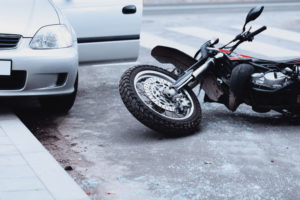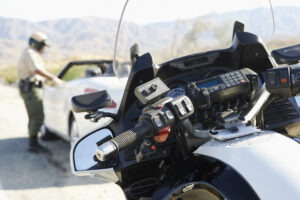Florida has joined 12 other states investigating the criminal behavior of the Catholic Church in the sexual abuse of children. Last Thursday, Attorney General Pam Bondi announced the probe of the seven dioceses in Florida. She stated that she would coordinate with locate prosecutors in investigating the individual dioceses across the state.
Last Friday, FOX 13 News interviewed me concerning the announcement. As an attorney who’s advocated for courageous abuse survivors for more than 20 years, such a criminal probe is a step in the right direction. Survivors deserve the attention and effort of the state’s attorney general. However, it won’t be an easy or quick investigation if it’s done properly.
The Pennsylvania Grand Jury Report took years to compile and finish. It also had the benefit of two previous Philadelphia Grand Jury Reports to guide their investigation and their analysis.
The Catholic Church operates quite differently from any other entity doing business in Florida. It’s a byzantine, hierarchical structure which views itself as an entity independent of civil and criminal law and sometimes acts as if it’s above the law.
When investigators begin their probe they will have to pay special attention to the church’s documents, especially the files concerning bishops, priests, deacons, brothers, and sisters. These contain the information that will determine if any criminal charges are filed (doubtful) or whether the investigation will make specific recommendations as to stemming the tide of clergy sexual abuse of children. As an attorney who’s had access to some of these documents in many dioceses across the country, including Puerto Rico, I can tell you that investigators will have to look in many places to put all the investigative pieces together. For example, they will need unfettered access to each dioceses’ secret archives. They will have to know and understand the particular language employed in the documents, especially the seminary records of priests who’ve been accused of sexual abuse. There are important clues and evidence located there. It may be worthwhile to speak with attorneys who’ve represented survivors here in Florida to review depositions and other evidence gathered in civil sex abuse lawsuits.
The primary defense the Catholic Church has used in civil lawsuits is ignorance. When confronted with an allegation of sexual abuse, the bishops have claimed that they had no idea the priest was abusing children. In the days before the Dallas Charter, the bishops even claimed that the priest received treatment and was deemed no danger to children. In more nefarious instances, the bishops would simply transfer the priest to another unsuspecting parish or diocese without any notification that the priest had abused children. It’s rare when abuse investigations are able to discover everything in the priest’s personnel file. Sometimes, the damning documents are kept in the dioceses’ secret archives (every diocese has one, per canon law) or sent to the nuncio’s (Vatican diplomat) office in the United States.
Location isn’t the only obstacle Florida investigators will face. They will have to recognize and understand the church’s terminology. They will need to know how the internal forum works as well as concepts such as mental reservation are used.
It’s a daunting task for any investigator to conduct a probe of the Catholic Church. It will take time, patience, and the financial resources to protect children.

Admitted to practice law in all federal multidistrict litigation courts, the California State Bar and the Florida Bar. His philosophy is to provide aggressive, quality representations and seek fair compensation for individuals and their families who have suffered injury, death, or sexual abuse.













Comments for this article are closed.